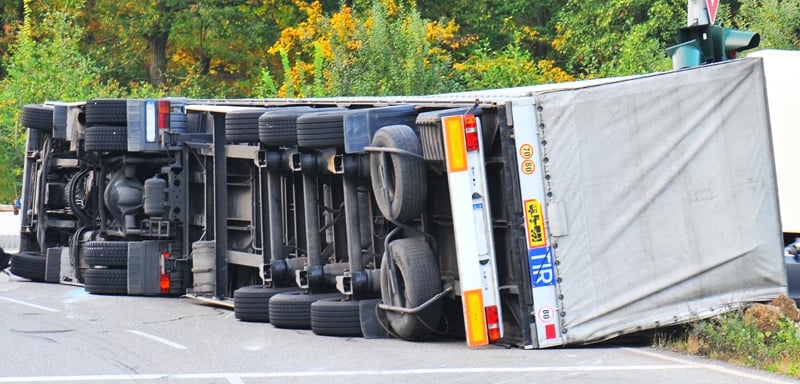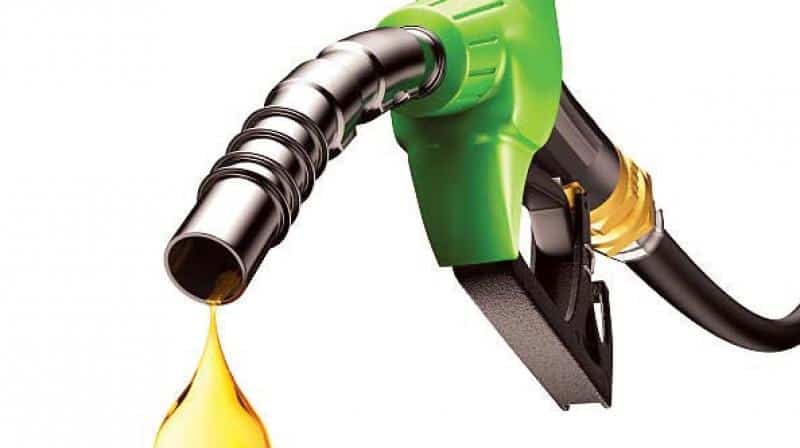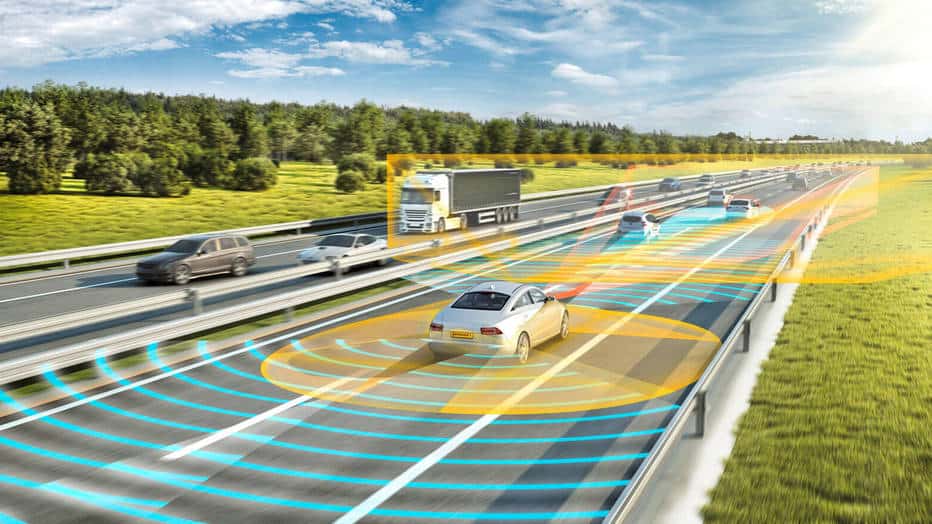It’s an interesting, but also challenging time to be a fleet manager. In my role at Octane, I’m lucky enough to work with managers across a range of industries and companies. And one’s that are responsible for all different types and sizes of fleets.
While every fleet manager’s role and every company is unique, I have found that some challenges are shared across the board. They are the bigger, universal challenges that are top of mind for most of us in 2019.
But it’s not just the challenges. I’ve also been chatting to people about the potential solutions. And I thought I’d share some of these insights with you today, with a round up of what I’ve found to be the top 7 biggest challenges.
There will be all sorts of pressures to save money and get better results. But first and foremost, the biggest challenge for managers is to make sure that all their drivers are safe on the road.

It's a huge responsibility. In recent years there has been a huge focus on trying to eliminate preventable accidents. Safety education programmes for drivers are key. But also, managers need to better use technology to track and enforce safer behaviour.
For example,one survey of fleet managers found that a quarter of all UK commercial drivers are breaching guidelines around rest and fatigue. It also found that only two thirds of fleet managers have systems in place to ensure they take the breaks.
The others leave it to drivers’ discretion. My advice, if you are in this third, is to seriously consider investing in tracking systems now. And why not consider going a step further?
While many resist the notion of in-cab cameras monitoring drivers, they have been shown to reduce accidents by up to 60%. Plus they can reduce your overall insurance bill and risk of false claims too.
Your drivers time – one of your greatest costs and assets too. A key focus for you, as a fleet manager, should be to minimise wasted time and down time. And to ensure that you’re doing everything you can to maximise your drivers’ productivity.
New technology has transformed this by streamlining things like refuelling, reporting and routing. It is also removing the need for manual data entry and form filling.
What about your own productivity as a fleet manager? It’s something that isn’t talked about as much… but lack of automation and manual input from drivers – it doesn’t just waste their time. It wastes yours too.
The same survey of fleet managers found that on average, respondents were spending more than three hours a week following up on drivers’ tachograph mistakes. That’s nearly 21 working days in a year! Time that could be much better spent.
So, if you haven’t already – look at automating data collection to improve both drivers and your own productivity.
Can you do more, with less? This is something that goes beyond the Fleet Managers role. It’s something that is being demanded of nearly every person in every department. Better results at a lower cost.

Image Source: https://www.logisticsbureau.com/cost-reduction-tips/
Sometimes that is just not possible to achieve. But, as much as we grumble, quite often it is.
The key is to have accurate information at your disposal and forecasting tools. Because otherwise you can end up making false economies. What you cut on one side, can end up costing you or having a negative impact elsewhere.
For example, one trend I’m seeing is that many fleet managers have started moving towards pooled vehicles to maximise efficiency and reduce personal use.
But a knock-on effect of that is that they’ve not been able to track individual driver behaviour as easily. And this is affecting their ability to manage driver safety and productivity.
One of the most challenging things for a Fleet Manager to cost and keep a handle on is fuel. This is because prices can be so volatile and difficult to forecast.
And with fuel accounting for up to 35% of costs for organisations with large fleets, any prices movements have large impacts. If you underestimate fuel costs, you may be left having to make drastic cutbacks in other areas to cover it.
Aside from trying to get access to the best forecasts and fuel price predictions, fleet managers can also try and mitigate their risk by reducing overall consumption.
It’s simple really. The less fuel you use and the less a % of overall costs it represents – the lower the impact of price fluctuations on your business.
It’s probably no surprise then, that after the volatile price of fuel, the next thing managers are concerned about is eliminating fuel waste. Because it's the everyday changes that I mentioned, that can incrementally have a big impact on your overall bill.

Image Source: https://www.deccanchronicle.com/nation/current-affairs/170118/as-fuel-price-inches-up-people-fume-in-bengaluru.html
But to eliminate fuel waste and reduce consumption, you need information. You need to be able to track how your fuel is used at each step. And use it to take action and reduce things like fraud and theft, accidental spillage, idling and inefficient driving.
You need to be able to see in real time the impact of decisions – what elements are increasing and decreasing your miles per gallon. And for all of that a fuel management system is essential.
The Clean Air Zones (CAZs) are part of a government framework to improve air quality in some of the more polluted urban areas. And vehicles are responsible for 80% of NOx emissions according to the Department of Environment and Rural Affairs (DEFRA).
Five cities are going to make CAZs by 2020 – Birmingham, Derby, Leeds, Southampton and Nottingham – London has recently created it's own Ultra Low Emission Zone.
Why is this a big concern for fleet managers? Well every taxi, bus and HGV entering will be subject to checks based on their Euro emission standard and if doesn’t meet it, will be charged entry to the zone.
The cost for London as of writing this post is £12.50/day for most vehicles and £100/day for HGV’s below a Euro 6 Diesel engine standard. This could mean closure for hauliers who can’t invest in new vehicles or the retrofitting of old ones. And, a rise in LGV’s being used for deliveries in these areas.
Environmental regulations that fleet managers need to work within are going to become more and more stringent as time goes on.
Good fleet managers need to be planning early. Looking ahead. Which brings us to the next big concern. What’s ahead?
Perhaps the biggest challenge of them all, is just the level of uncertainty fleet managers are operating within. So much is changing, on every level. I’ve touched on the changing environmental regulations as one area of uncertainty. But what about the others?
None of us know for certain what the post Brexit economy will look like when it comes to fleet management and maintenance. Surveys have shown that 55% of fleet managers are feeling positive about it, but it’s still unknown.
The technology available and the data we have access to as a result, is evolving at an incredible pace. What will our fleets look like in a few decades? What will the Fleet Managers’ role look like in a few years?

Image Source: http://autoweek.com/article/autonomous-cars/autonomous-vehicles-perform-first-international-border-crossing-test
And will you even still have drivers? 41% of fleet managers are expecting autonomous vehicles to at least be making up part of their fleet in the next 10 years.
With so many challenges out there, don’t underestimate the massive impact that doing the small things well can have. Keep working to get the basics right – safety training for your drivers, remove manual data entry and avoid false economies when cutting costs.
Also keep constantly monitoring fuel prices and forecasts, track your fuel consumption and reduce waste with accurate fuel management systems.
And the key piece of advice I can give you - keep-up-to date. Things are changing at such a fast pace. Sign-up for industry news, follow blogs and communicate and share your experiences with your fellow fleet managers.